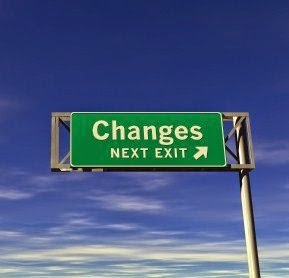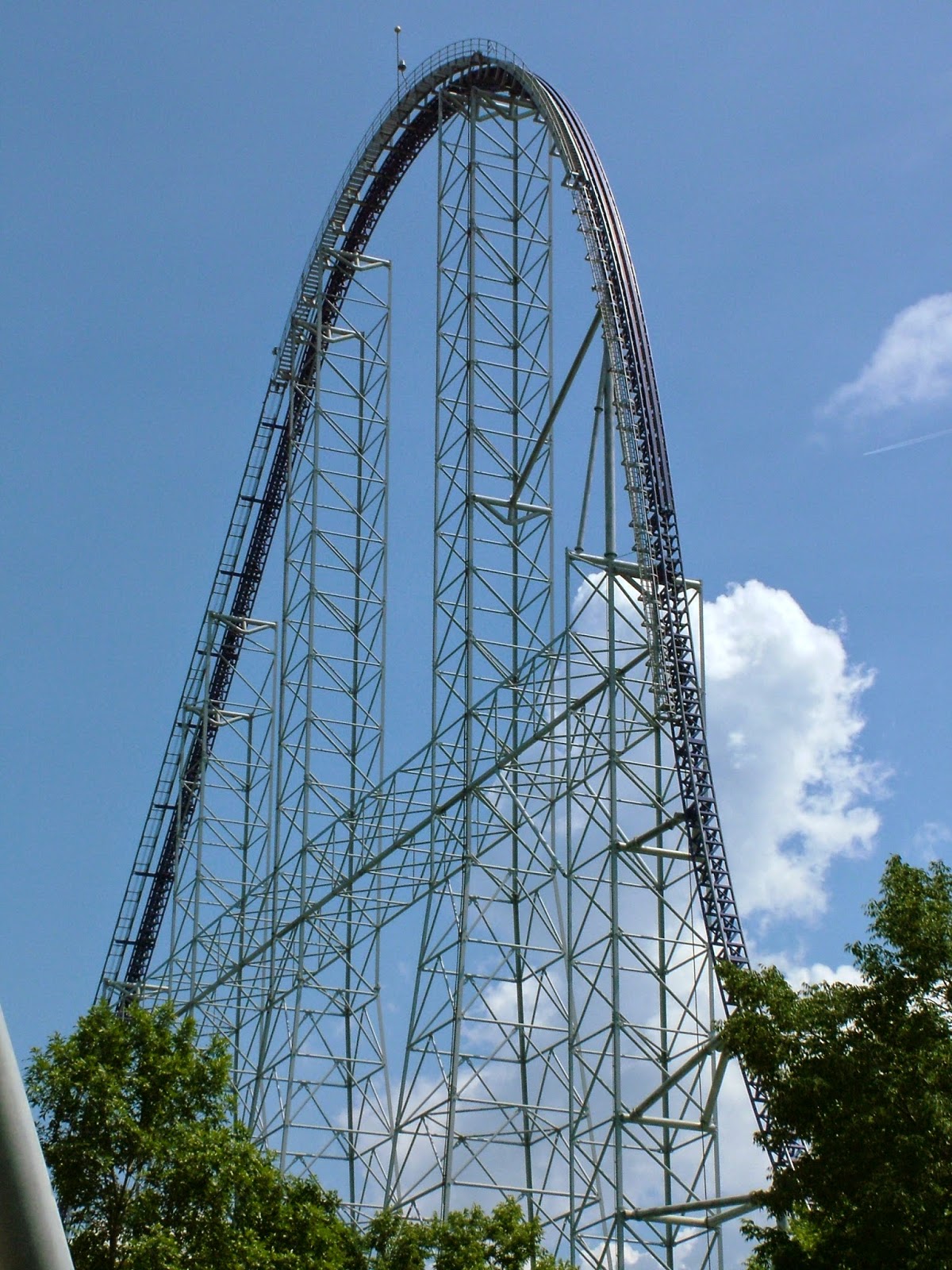Living a “Precarious” Life of Writing
I was having a nerdy debate with a friend of mine a few weeks ago. It was one of those arguments that starts because your eyebrow raises when a friend uses a word inappropriately or in an improper context. He was saying that he lives a “precarious lifestyle.” Now I have only ever heard the word precarious used to describe the positioning of things or something more tangible being unstable.
I was under the impression it couldn’t really be used to describe a lifestyle, such as writing, or at the very least there were better words that could be chosen. The argument climaxed (as it often does) with a trip to an online dictionary (or three, just in case one or two don’t agree with my perspective). Here is what I found about the word precarious and I think you will instantly understand why I am bothering to share this nerdy tidbit with you.
pre·car·i·ous
/priˈke(ə)rēəs/
adjective
1.
not securely held or in position; dangerously likely to fall or collapse.
“a precarious ladder”
2.
dependent on chance; uncertain.
“she made a precarious living by writing”
synonyms: uncertain, insecure, unpredictable, risky, parlous, hazardous, dangerous, unsafe; More
antonyms: safe
Origin
mid 17th century: from Latin precarius ‘obtained by entreaty’ (from prex, prec- ‘prayer’) + -ous.
So… did everyone else notice the second use of this word that means “dangerous, collapsing, insecure, dependent on chance, and uncertain” particularly targets writing in its second definition. Not just that, but “living a life of writing.”
This month we are taking a look at the opinions about writers, writing, and of course living a life of writing. It’s a tough life indeed, but it’s ours. It’s also hard enough without having to have constant reminders and negative connotations associated with our lifestyle. Living a life of writing might not be financially the most secure, but the antonym to the lifestyle is certainly not “safe.” I feel like the contrary is actually true.
Writing is a safe escape for me. It’s a safe place for me to go where I can feel free to express myself and my ideas. The second definition particularly targets “dependent on chance” and “uncertain,” however I would argue that is only if that is how you choose to live your life. Saying your living is dependent on chance is as much of an extreme as saying “I’m quitting my job and I am going to wait to win the lottery.” It’s absurd actually.
If you are passionate and you care enough about your writing, you will work hard to make sure that chance has as little say in your life as possible. Sure, we can’t escape the fact that meeting the right people or having the right people read your work can in some ways be attributable to chance. But if the right people aren’t reading your work or you’re not meeting them is it actually just because you’re not sending it to them, persevering, and haven’t gone to any conventions, meetings, or writing conferences?
I won’t argue that living a life of writing can be risky financially, if you aren’t willing to plan for both success and challenges, but if you feel that and you do nothing about it, you should maybe question your desire to actually live the life of a writer. Living a life of writing is about passion, and it’s about saying failure is only a setback in the grand scheme of things.
If that uncertainty affects you to the point where it seems insurmountable, then living a life of writing is perhaps not a healthy lifestyle choice for you… and there’s nothing wrong with that. If you are one of those people who lives the life of a writer but doesn’t just depend on it financially and so it’s easier to feel safe and secure with your writing, then it will be easier to reach this point for sure. I guess what I’m trying to say, Ms. Merriam Webster, is that the life of a writer is only precarious if you let it be. Through your passion for writing and your faith in yourself, you can provide your own stability rather than leaving it all “dependent on chance.”

Book Signing Advice
You May Also Like

You Can Make Money Blogging If You’re Willing
August 13, 2014
Book Review: Ruby by Cynthia Bond
March 4, 2015
